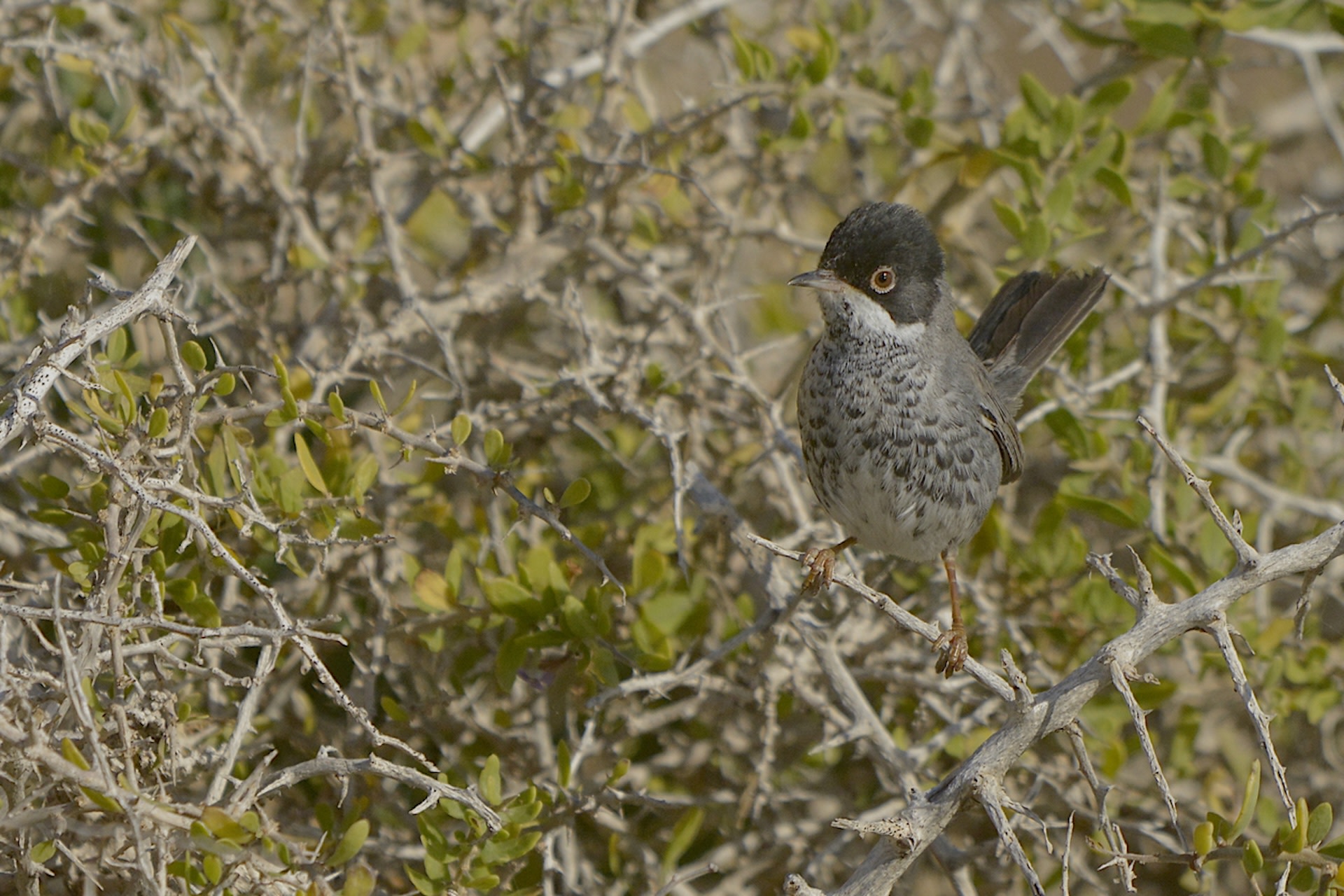More than 400,000 migratory songbirds were illegally trapped and killed in Cyprus in the fall by organized crime networks, according to The Guardian.
The mass slaughter is part of a recent surge in wildlife crimes on the Mediterranean island.
What's happening?
A shocking 435,000 songbirds, including garden favorites such as robins, sparrows, and warblers, were killed by poachers in Cyprus in autumn alone.
While the number has trended downward over the past decade, last year marked a disturbing increase of 90,000 deaths when compared to 2022.
The birds were lured with decoys and recordings of birdsong into orchards and bushes rigged with nearly three miles of "mist" nets and glue-covered branches. They were then sold on the black market to restaurants to be pickled or boiled in a local dish called ambelopoulia.
Why is songbird poaching concerning?
Many targeted species, including blackcaps, flycatchers, and reed warblers, are already declining in the United Kingdom and elsewhere. Cyprus is a crucial stopover for birds making the journey from European breeding grounds to wintering grounds in Africa each year.
"Despite the very good progress made in recent years, this autumn was a reminder that this can be quickly reversed if enforcement resources are not maintained," Martin Hellicar, director of BirdLife Cyprus, told The Guardian.
Much of the carnage occurred on a British military base where anti-poaching patrols were recently reduced. According to Mark Thomas, Royal Society for the Protection of Birds head of investigations, organized trappers are making huge sums of money while facing minimal risk.
"This season was a good case study of what can happen when police resources are removed/redirected from illegal trapping enforcement and deterrence action," a report by BirdLife Cyprus reads.
What's being done about songbird poaching?
Cypriot authorities have partnered with BirdLife Cyprus, the RSPB, and other conservation groups to crack down on the illegal bird trade. While trapping for human consumption was outlawed in 1974, it continued on an industrial scale, with over 2 million birds killed annually just 20 years ago.
Collaborative efforts have helped dramatically reduce that grim number. However, the latest figures show that more still needs to be done, particularly in the Republic of Cyprus.
Beyond law enforcement, BirdLife Cyprus is working to shift cultural attitudes from consuming songbirds to cherishing them.
"This is an even greater challenge to overcome, but we are committed to continuing and confident that eventually we will see a positive behavioural change in favour of bird conservation," Hellicar explained.
You can help migratory birds by supporting conservation organizations, avoiding ambelopoulia, and spreading the word about preserving these amazing global travelers. Together, we can ensure their awe-inspiring journeys continue for generations to come.
Join our free newsletter for cool news and cool tips that make it easy to help yourself while helping the planet.









